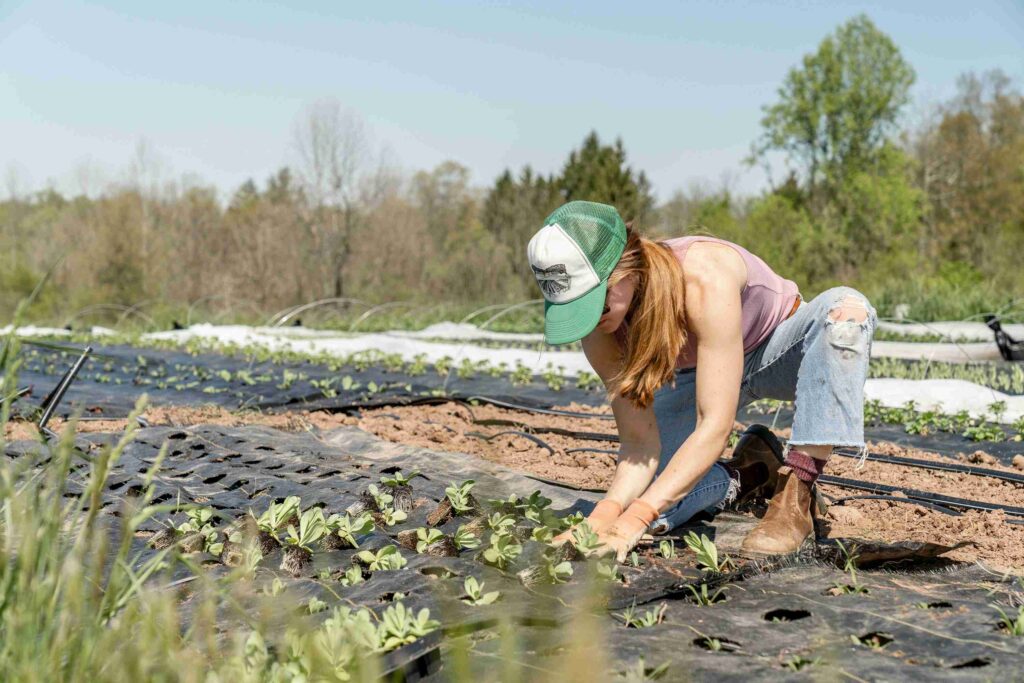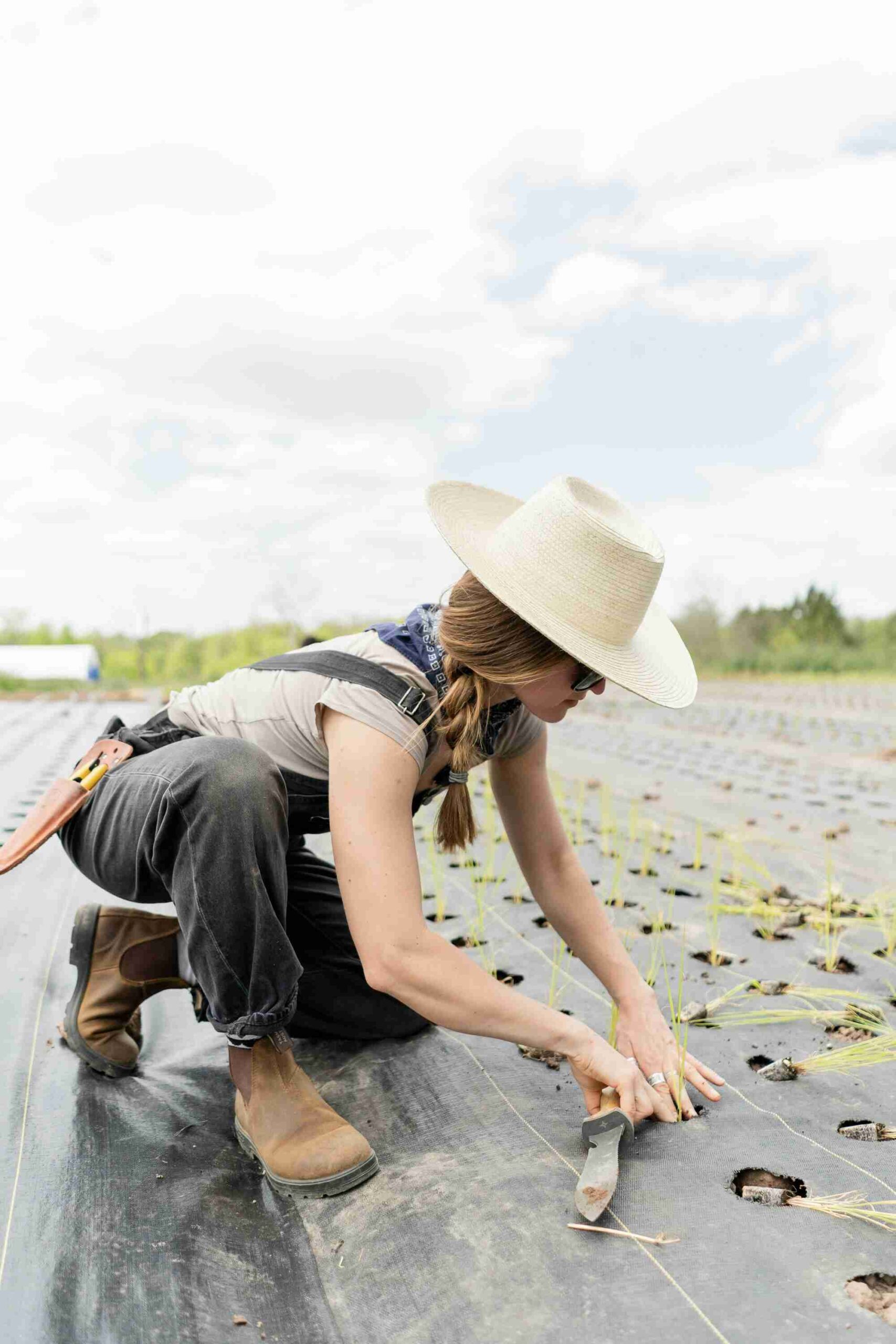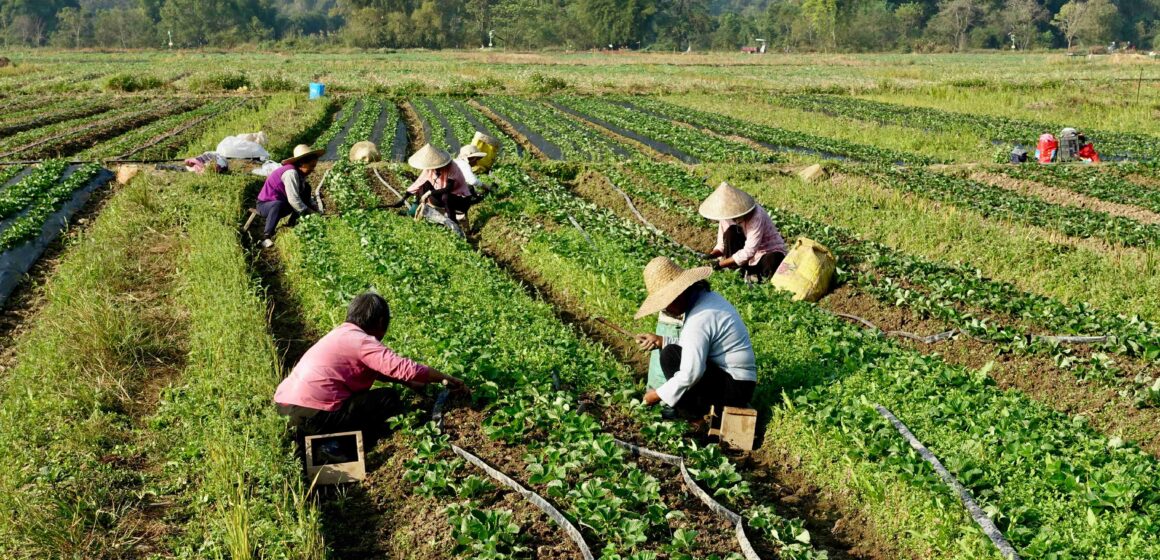If someone told you agriculture is trending, you might raise an eyebrow. But today, farming isn’t just about tractors and wellies—it’s about climate action, tech disruption, and redefining what “making an impact” actually means.
The Agriculture Stats That Hit Different
According to a fresh report by The Guardian, university applications for land management and farming-related courses in the UK just spiked—some programs saw an 11% increase compared to last year. Even more telling: at the Royal Agricultural University, enrolments for rural land management programs rose by up to 18% and climbing
But what’s behind this green wave? It’s not just clipboard-wearing professors or heritage barns. It’s real, urgent inspiration—from TV, from tech, from our changing planet.
The Clarkson Effect: Farm Meets Fame
Let’s talk Clarkson’s Farm, the Amazon series that turned farming into must-watch TV. Viewers fell hard for “Cheerful Charlie”—the land agent with charm and serious soil smarts. Even students from non-farming backgrounds say his authenticity made agriculture feel relatable, even cool. Meanwhile, bigger institutions like RAU and Harper Adams are seeing applications soar, thanks to that media spark.
Additionally, it’s not just passive watching. Kaleb Cooper, another star from the show, has extended real pathways—offering bursaries to students who didn’t grow up on farms. That’s a bridge, not just a spotlight.

From Stereotypes to Opportunity: The Real Turnaround
Traditionally, farming hasn’t been seen as youth’s first choice. The average farmer age is perilously high—around 60. And land access? Sky-high prices and low margins make it hard for beginners to break in.
But guess what’s making farming feel fresh again?
- Climate anxiety: Young people want to do something real, something lasting. Regenerative agriculture, soil health, sustainable land—all of this matters, and students are paying attention.
- Tech-forward farming: We’re talking drones, AI-driven crop science, robotics. Harper Adams is a hotbed for futuristic farms like the “Hands Free Hectare”—where machines, not humans, do the sowing and harvesting.
- Urban green roots: Even city-dwellers are joining in. London’s city farms—sitopia, Horsenden, Stepney—are becoming community hubs, teaching food justice, growing vegetables, and healing minds along the way.
Why Agriculture Matters for You
If you’re scratching your head and thinking “But I’m not into farming,” let me land this for you:
- It’s more than soil: Land management covers policy, business, ecological tech, community activism—skills that translate everywhere.
- You can bring your passion: Whether it’s video, fashion, mental health, coding, or marketing, everyone has a place in this evolving field.
- You’re solving real-world crises: Agro-ecology isn’t abstract. It’s answering food security, climate resilience, and green innovation—all areas where change-makers are needed.
Voices from the Ground
Students like George Elliott, who came through Harper Adams with a degree in Agriculture and Mechanisation, are living proof. He went from picking litter on farms to landing a role at JCB as an agricultural sales engineer—all fueled by curiosity, tech, and unwavering hustle Farmers Weekly.
Meanwhile, at the grassroots level, students and educators are pushing the idea of bringing farming into schools—helping kids understand where food—even pizza—comes from, and how it connects to geography, science, and family.
Agriculture: The Big Takeaway
So, what does this agricultural resurgence mean for young people?
It means your passions can take root in unexpected places. If you’re into business, agri-tech is booming. Into activism? Urban farms need voices speaking on food justice. Into design or content? Farming communities are hungry for fresh narratives that dismantle stereotypes.
You don’t need a John Deere tractor to make soil science sexy. You need ideas, hustle, and a willingness to redefine what “green” can look like in an urban, multicultural UK.

Your Next Move
- Explore agri-courses through UCAS this term—especially if you’re curious about sustainability, tech, or social impact.
- Check out local city farms or sustainable food initiatives—they’re more than day trips; they’re stories in action.
- Consider creative collaborations—校园 popups, TikTok explainers, local farm features—blending your skills with the field.
Because right now, agriculture is the most exciting surprise turn in education and activism we’ve seen in ages. It’s welcoming, it’s urgent, and it’s ready for fresh voices like yours.
Thank you for reading, click the link to read more of our Trending Articles
Zita Salum, a British, Tanzanian journalist with a London heart, is making waves in the world of media. Born and Raised in Hackney London, she discovered her passion for storytelling at a young age. Her journey began as an admin for the Inside Success magazine, but her talent quickly shone through. Zita's ability to craft compelling narratives and her knack for capturing the essence of a story led her to become an editor for the magazine.
From there, her career soared. Zita has contributed to a diverse range of publications, including the prestigious W magazine, showcasing her versatility as a writer. Her expertise spans across industries such as music, corporate, political, sports, arts, and fashion. Beyond her written work, Zita has also excelled in broadcast journalism. Her natural ability to connect with interviewees and her engaging hosting style have made her a sought-after talent in the industry.
In her free time, Zita is a dedicated networker, attending industry events and immersing herself in the latest trends. She is also passionate about investigative journalism and has produced creative documentaries that shed light on important issues. With her talent, drive, and unwavering commitment to her craft, Zita Salum is undoubtedly a rising star in the world of journalism.




Leave a Reply
You must be logged in to post a comment.